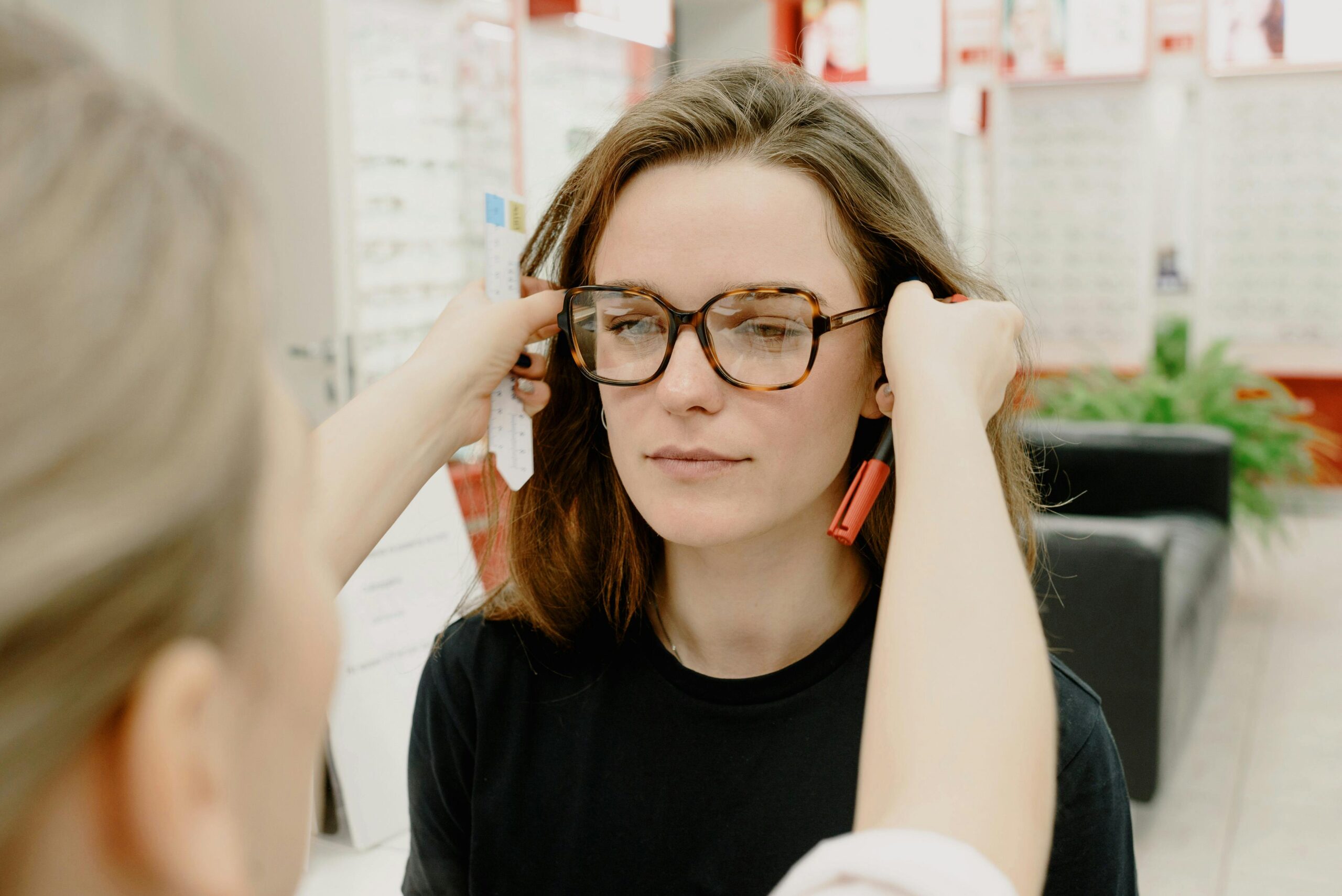MYOPIA
PREVENTION
Don’t let myopia affect your quality of life. Find out how we can help you today.
Myopia Prevention
Myopia (also known as shortsightedness or nearsightedness) is reaching epidemic proportions. If current trends continue, almost half the world’s population will be shortsighted by 2050, with one-fifth of those expected to have a significantly increased risk of blindness.
Researchers at the Brien Holden Vision Institute at UNSW looked at 145 studies covering 2.1 million people, dating back to 1995. The results showed an estimated 23% of the population with myopia in 2000.
What is even more concerning is that by 2050, the study predicts this figure will soar to 4.8 billion – which corresponds to about 50% of the total global population –, including 938 million people with high myopia. That’s an eight-fold increase in the number of people with myopia in just a few decades.
Global Myopic
Population in 2000
Estimated global Myopic Population in 2050
Gary Rodney, is the founder of Smart Vision Optometry and
is a Fellow of the International Association of
Orthokeratology and Myopia Control
What explains the sudden rise
in myopia cases?
While genes can predict the risk of myopia, they alone cannot explain the recent epidemic. The authors attribute the rapid increase in the prevalence of myopia to environmental factors and lifestyle changes characterized by more near-work activities, including the use of computers and smartphones. Other proposed risk factors for myopia progression in children include long hours spent in the classroom and less time outdoors.

It has now been realised that no level of myopia is safe for the long-term protection against permanent loss of sight. A study published in 2012 shows that myopia of even -1.00 brings with it an increased lifetime risk of glaucoma and cataracts, as well as three times more chances of retinal detachment and two times more chances of myopic macular degeneration, which often leads to blindness. These risks exponentially increase for increasing levels of myopia.

One of the unfortunate realities of contemporary eye care is that, despite extensive research on the close connection between excessive near work, increased time spent indoors and myopia development, many clinicians continue to claim that no one has ever proven that acquired myopia is not inherited, and that there is therefore no reason to believe that this problem can be prevented.

So is there a way to stop myopia from progressing?
Absolutely. Although an outright cure for myopia has not been discovered, there are several ways to improve how your eyes are changing.
YES, myopia progression can be prevented, slowed and, in some cases, stopped.
The purpose of this website is to offer information on the importance of early detection of myopia and the treatments available to control and prevent its further progression, and to explain the methods used by Smart Vision Optometrists from the latest evidence based research and clinical studies.
